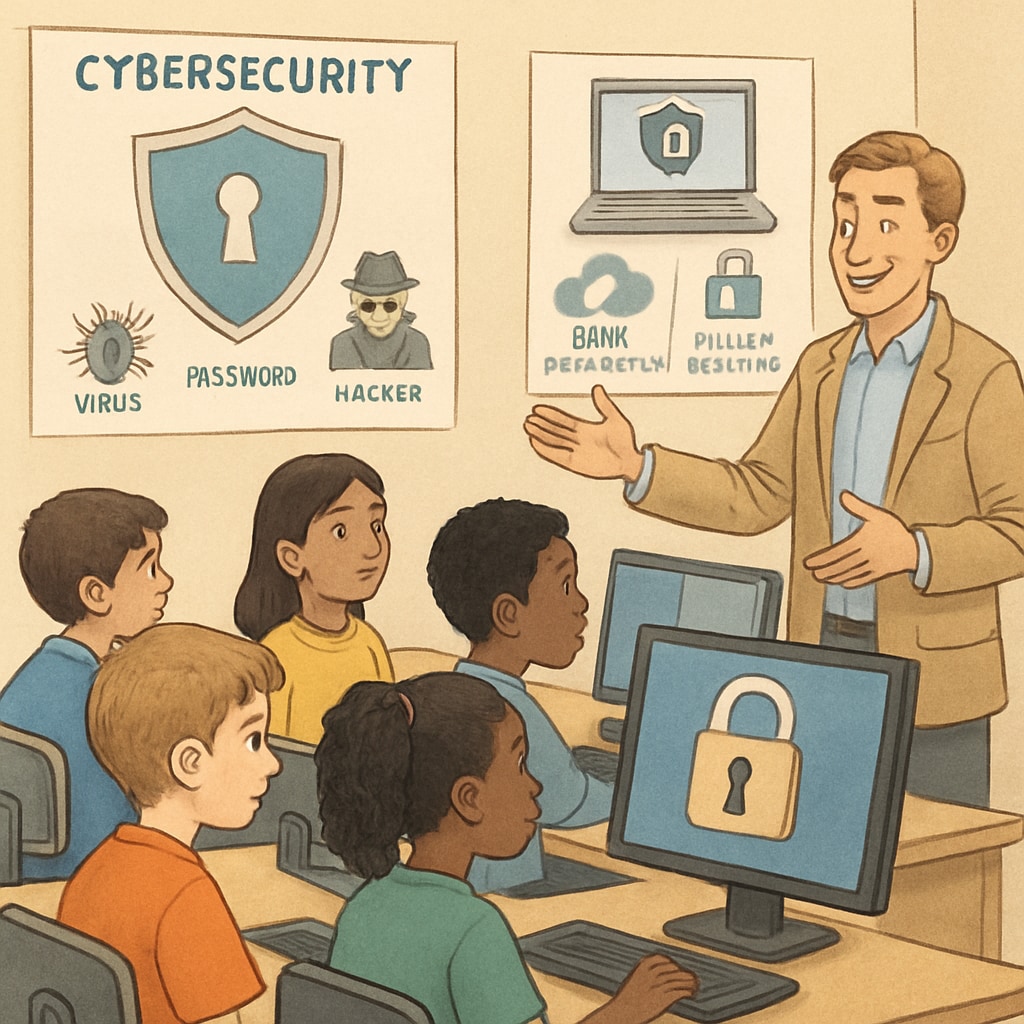In today’s digital age, the demand for cybersecurity professionals is at an all-time high. As cyber threats evolve and the global economy becomes increasingly reliant on technology, students and parents are looking ahead to chart pathways into this lucrative field. One question often arises: how much does a university’s reputation influence employment prospects in cybersecurity? This article examines the real value of academic prestige, providing K12 students with a framework to balance university reputation with the practical skills needed to excel in this critical industry.
Why Cybersecurity Careers Are Thriving
Over the past decade, cybersecurity has transformed from a niche field into a cornerstone of the global job market. As companies store more sensitive data online, the risks of cyberattacks grow exponentially. Reports project that the cybersecurity industry will need an additional 3.5 million professionals globally by 2025 (source). This massive demand makes it an attractive career choice for students, but it also raises the stakes for selecting the right educational pathway.

The Role of University Reputation in Cybersecurity Employment
A university’s reputation often serves as a shorthand for its academic quality and resources. For industries like law or medicine, a prestigious institution can provide a significant advantage. But what about cybersecurity? Employers in this sector value a mix of formal education, hands-on experience, and certifications. While a degree from a well-known university can open doors, especially for entry-level roles, it is not the sole determinant of long-term success.
There are several factors to consider when evaluating the impact of a university’s reputation in cybersecurity careers:
- Access to Resources: Prestigious universities often offer state-of-the-art labs, partnerships with tech companies, and faculty with industry connections.
- Networking Opportunities: Alumni networks from reputable institutions can provide mentorship and job leads.
- Practical Skills: Smaller or less-known universities may focus more on hands-on training, which can be equally valuable.
Ultimately, students should look for programs that strike a balance between theoretical knowledge and real-world application, regardless of the institution’s rank.
Practical Skills vs. Academic Prestige
In cybersecurity, technical expertise often outweighs academic credentials. Employers prioritize candidates who can demonstrate proficiency in areas like ethical hacking, network security, and threat analysis. Certifications such as CompTIA Security+, Certified Information Systems Security Professional (CISSP), and Certified Ethical Hacker (CEH) are highly regarded and can sometimes rival a degree from a prestigious university in terms of job market value.
For example, a graduate from a mid-tier university with certifications and internship experience may be more competitive than someone from a top-ranked institution who lacks practical exposure. This trend underscores the importance of looking beyond rankings when choosing a university.

How K12 Students Can Plan for Success
Planning for a cybersecurity career should begin early. K12 students interested in this field can take proactive steps to prepare:
- Explore STEM Programs: Participate in coding camps, robotics clubs, or school tech initiatives to build foundational skills.
- Research Universities: Look for institutions with strong computer science or cybersecurity programs, not just prestigious names.
- Pursue Certifications: Entry-level certifications like CompTIA IT Fundamentals can offer a head start.
- Seek Internships: Many organizations offer programs for high school students to gain early exposure to the industry.
By combining academic preparation with practical experience, students can position themselves as strong candidates in the cybersecurity job market.
Conclusion: Building a Balanced Pathway
While university reputation plays a role in shaping cybersecurity careers, it is not the sole factor. Students must consider a program’s resources, focus on skill development, and opportunities for hands-on experience. By taking a balanced approach, K12 students can set themselves up for success in this dynamic and essential field.
Whether aiming for a top-tier university or a smaller institution with a practical focus, the key is to prioritize learning opportunities that align with the demands of the cybersecurity industry. After all, the ultimate goal is not just a degree but the ability to safeguard digital infrastructure in an increasingly interconnected world.


